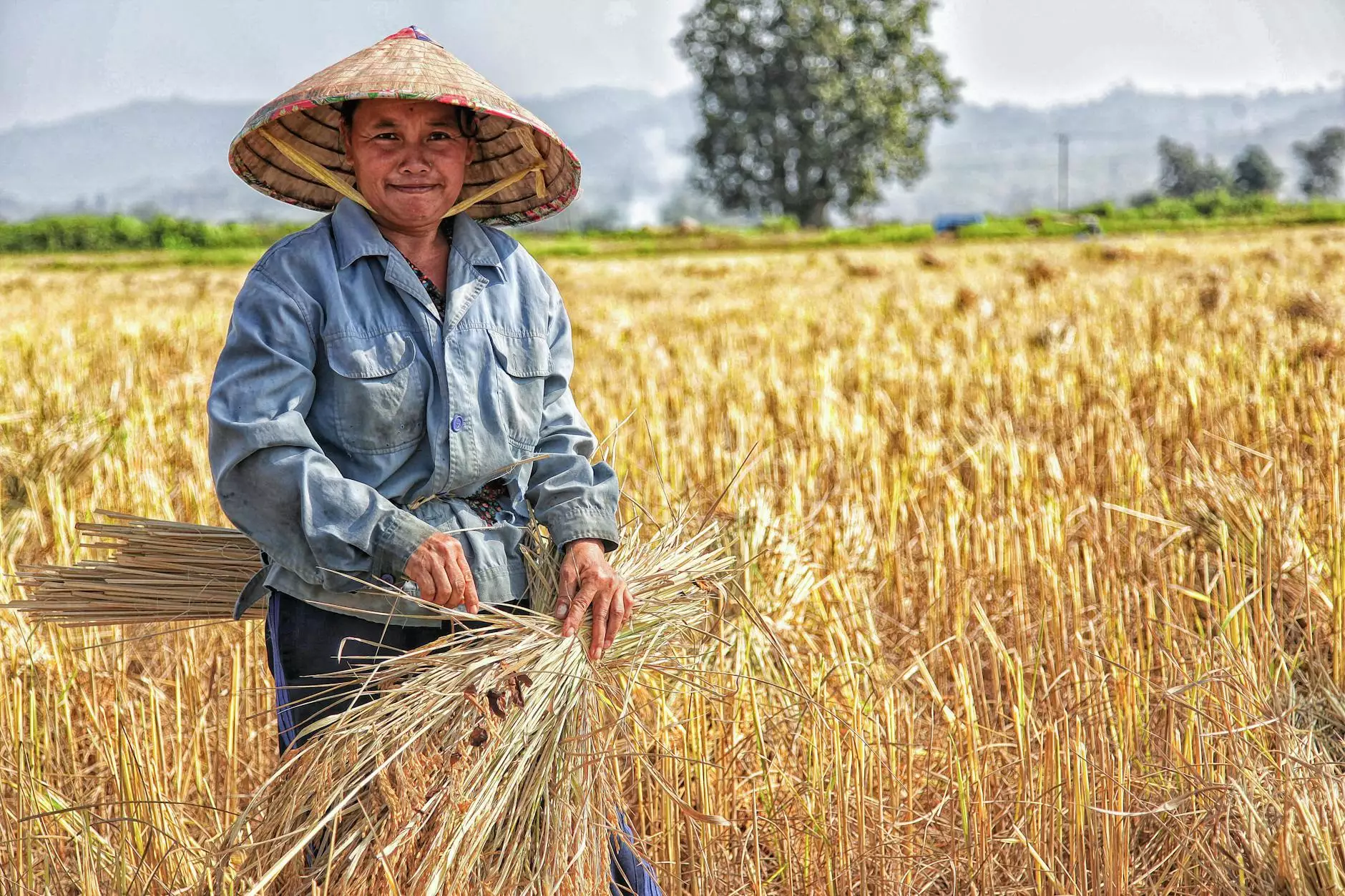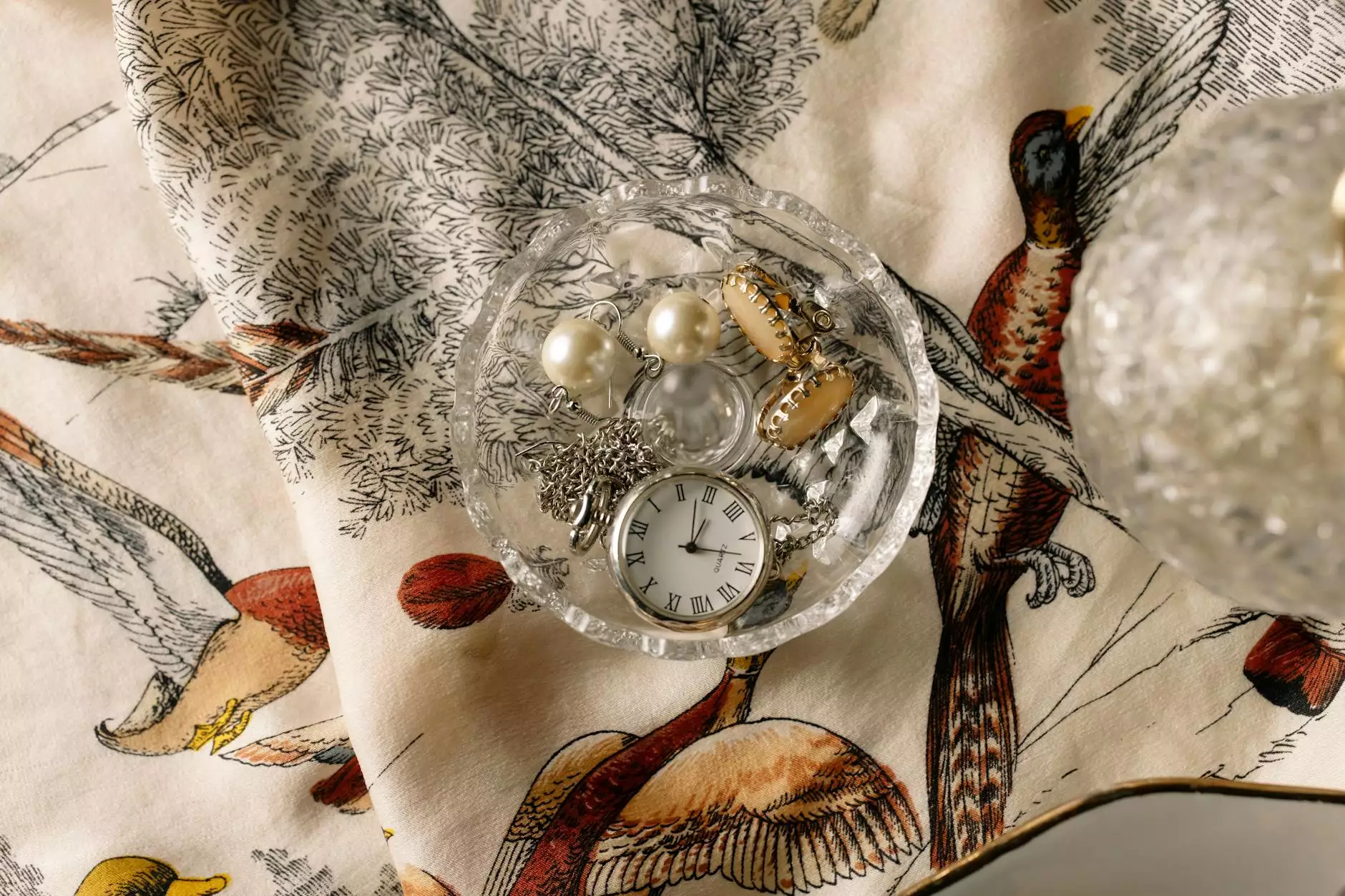A Concise History of Mexico

The Pre-Columbian Era
The history of Mexico dates back thousands of years to the pre-Columbian era, when several advanced civilizations flourished across the region. One of the most notable civilizations was the mighty Aztec Empire, which dominated central Mexico until the arrival of Spanish conquistadors in the 16th century. The Aztecs built magnificent cities, developed a complex social structure, and made remarkable advancements in agriculture, architecture, and art.
The Spanish Conquest
In the early 16th century, Spanish conquistadors, led by Hernán Cortés, set foot on Mexican soil and initiated the Spanish conquest. The conquest marked a turning point in Mexican history, as it led to the downfall of the Aztec Empire and the beginning of Spanish colonial rule. The Spanish brought with them their language, religion, and customs, leaving a lasting impact on Mexican culture.
The Colonial Period
For over three centuries, Mexico remained a Spanish colony, known as New Spain. During this time, the Spanish introduced Christianity, constructed stunning colonial architecture, and exploited the region's abundant natural resources. However, the colonial period was also marred by social inequality, forced labor, and a growing desire for independence among the Mexican population.
The Mexican War of Independence
The year 1810 marked the beginning of the Mexican War of Independence, a prolonged struggle for freedom from Spanish rule. Influential figures such as Miguel Hidalgo and José María Morelos rallied Mexicans to fight for independence, culminating in the establishment of the First Mexican Empire in 1821. This independent state later transformed into the Mexican Republic, which continues to exist today.
The Mexican Revolution
In the early 20th century, Mexico experienced a period of profound social and political change known as the Mexican Revolution. This revolution, lasting from 1910 to 1920, aimed to address issues of land distribution, labor rights, and political corruption. It resulted in the establishment of a more democratic system, land reforms, and the modernization of Mexico's industrial sector.
Modern Mexico
Today, Mexico is a vibrant and diverse country with a rich cultural heritage. The nation boasts numerous UNESCO World Heritage sites, including ancient Mayan ruins, colonial cities, and stunning natural landscapes. Mexican cuisine, with its bold flavors and unique ingredients like chilies, avocados, and cacao, has gained international acclaim.
Economic and Cultural Contributions
Mexico has made significant contributions to the global economy and cultural scene. The country is known for its thriving automotive, manufacturing, and tourism industries. Mexican artists, such as Frida Kahlo and Diego Rivera, have left an indelible mark on the art world. Traditional Mexican celebrations, like the Día de los Muertos (Day of the Dead) and vibrant festivals like Cinco de Mayo, showcase the nation's colorful traditions.
Conclusion
In conclusion, the history of Mexico is a captivating tale of ancient civilizations, colonial rule, struggle for independence, and social transformation. Cherry Berry Emporium/Pineapple Parade invites you to delve into the fascinating world of Mexico's past, explore its rich heritage, and experience the vibrant culture that continues to thrive today.










